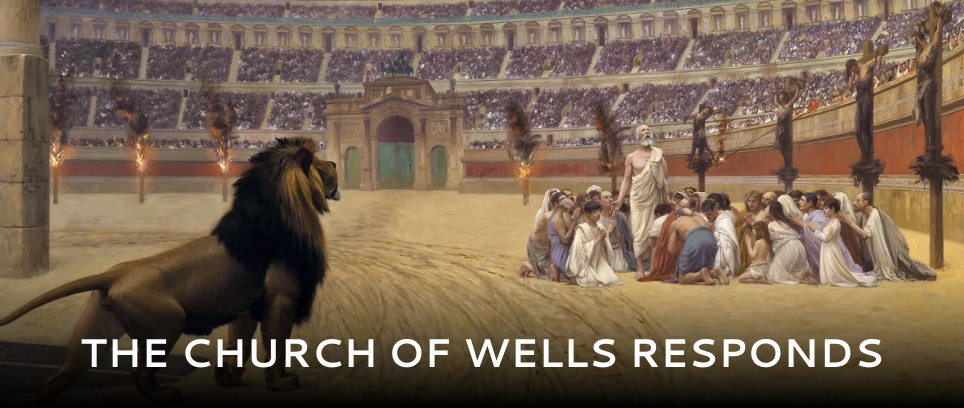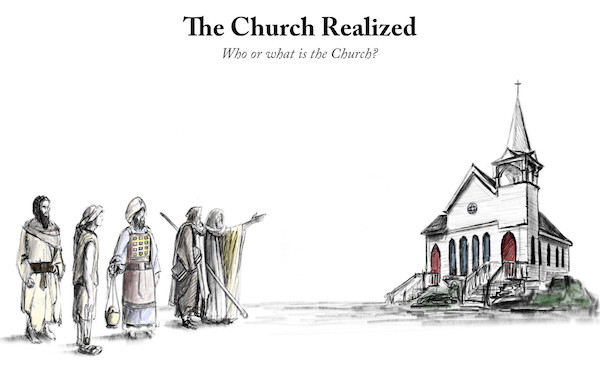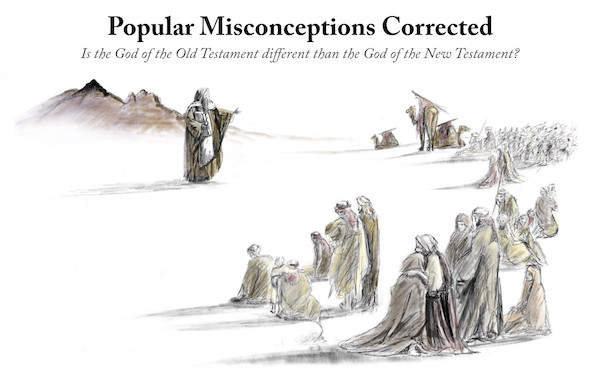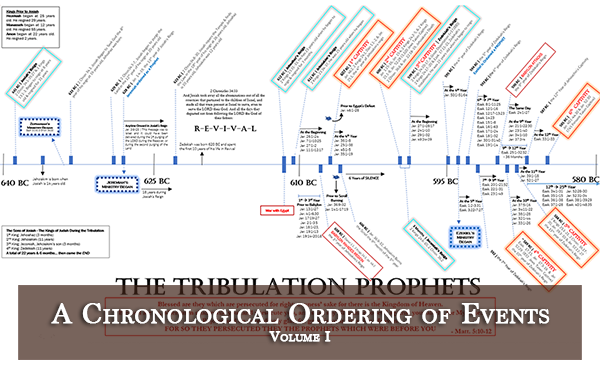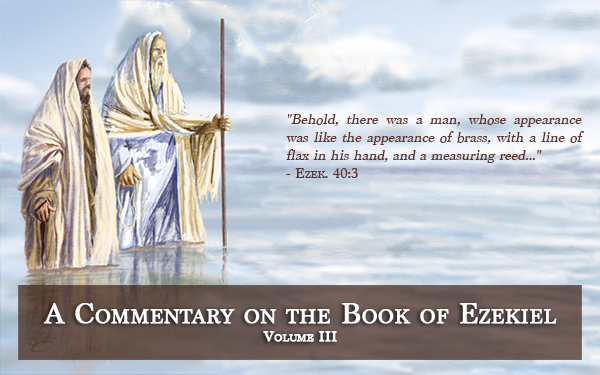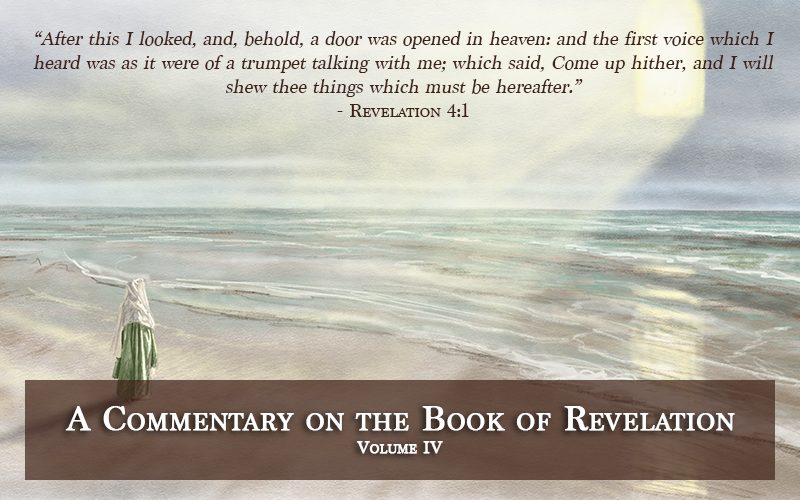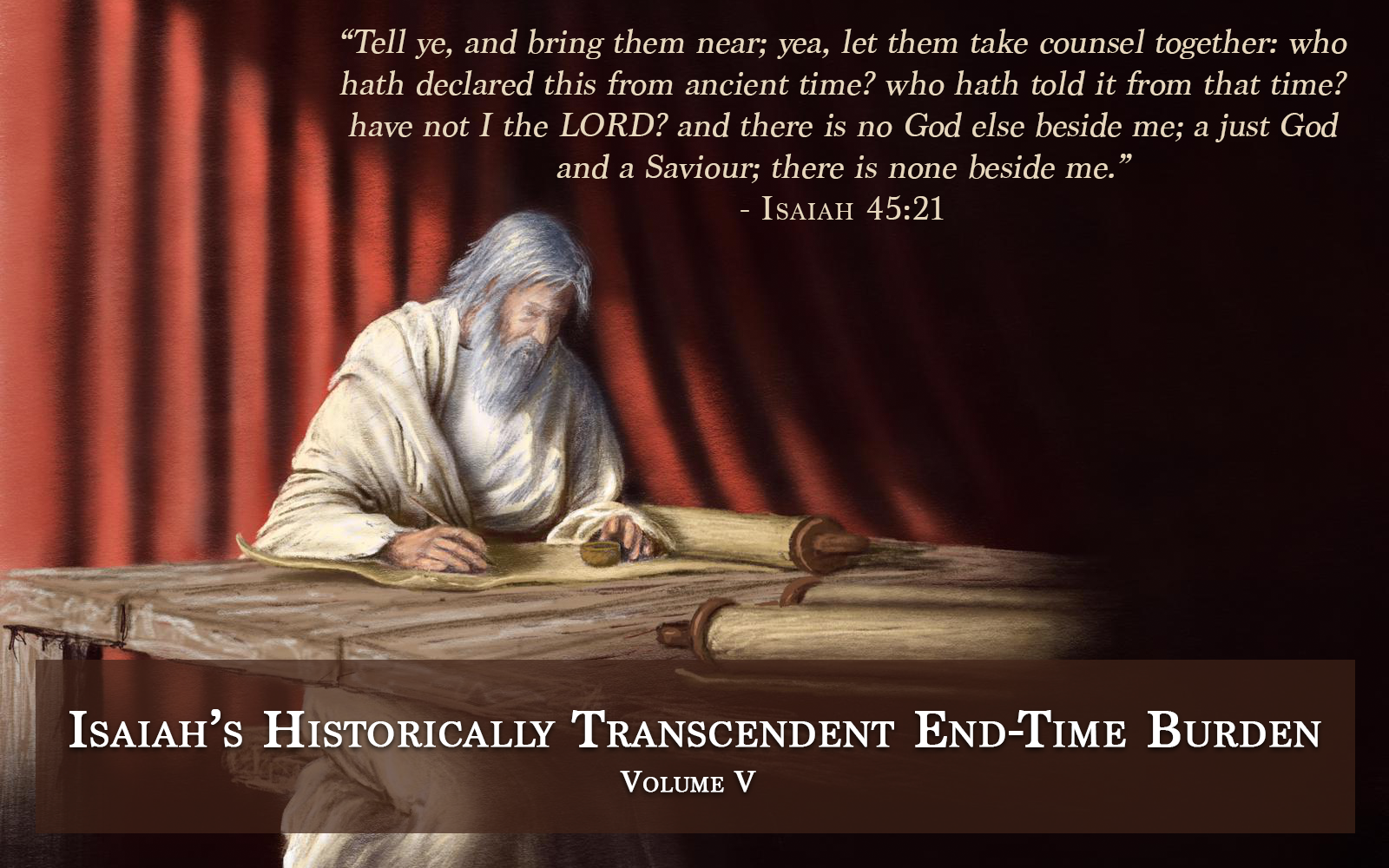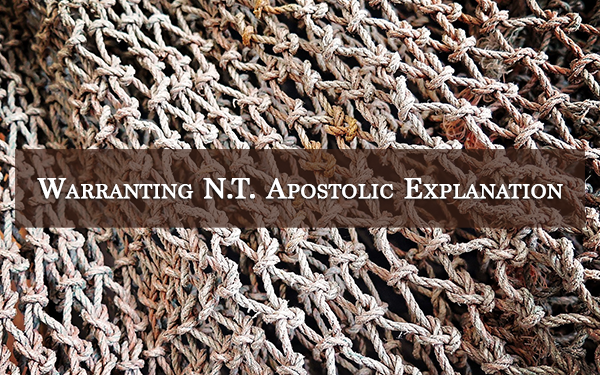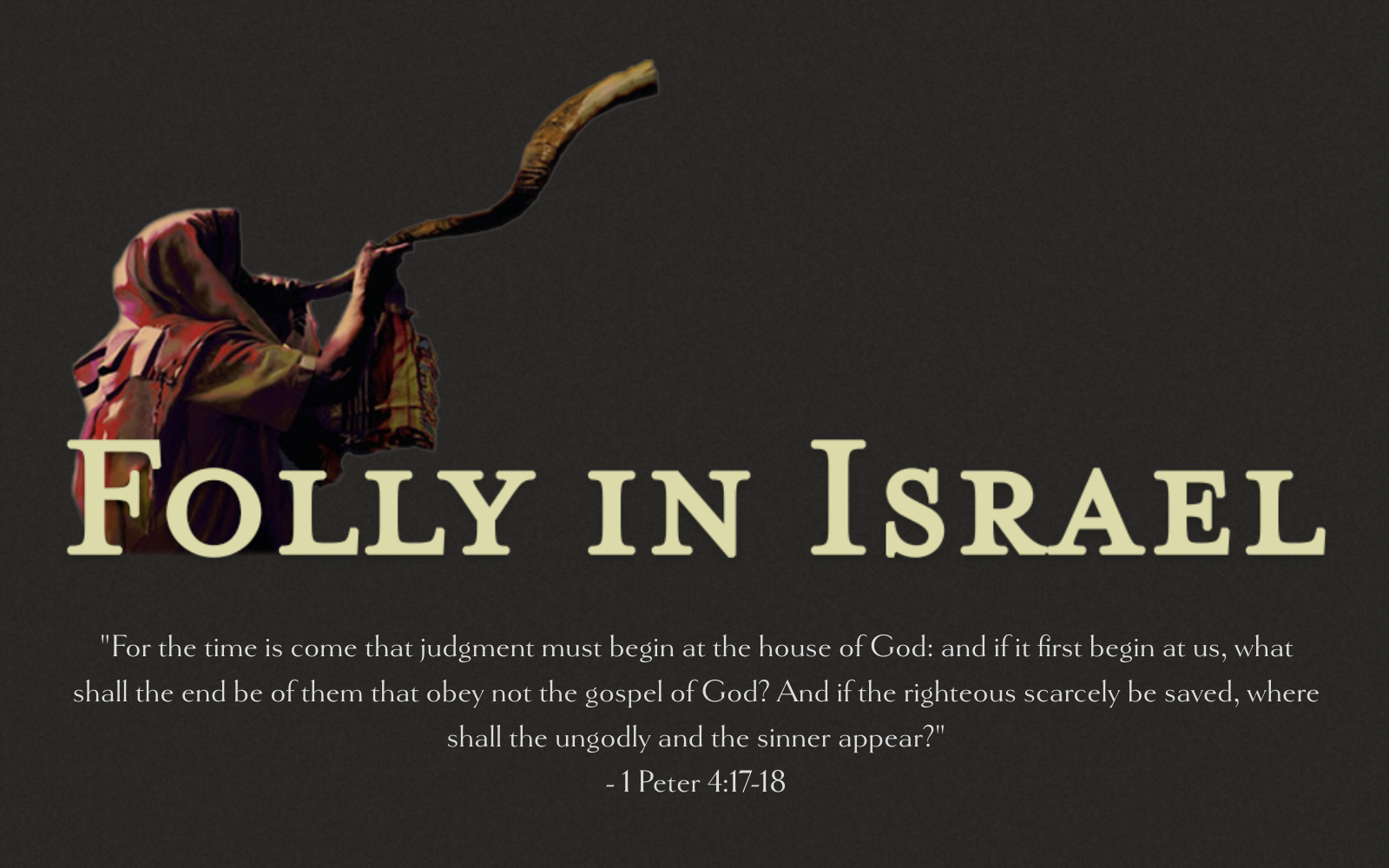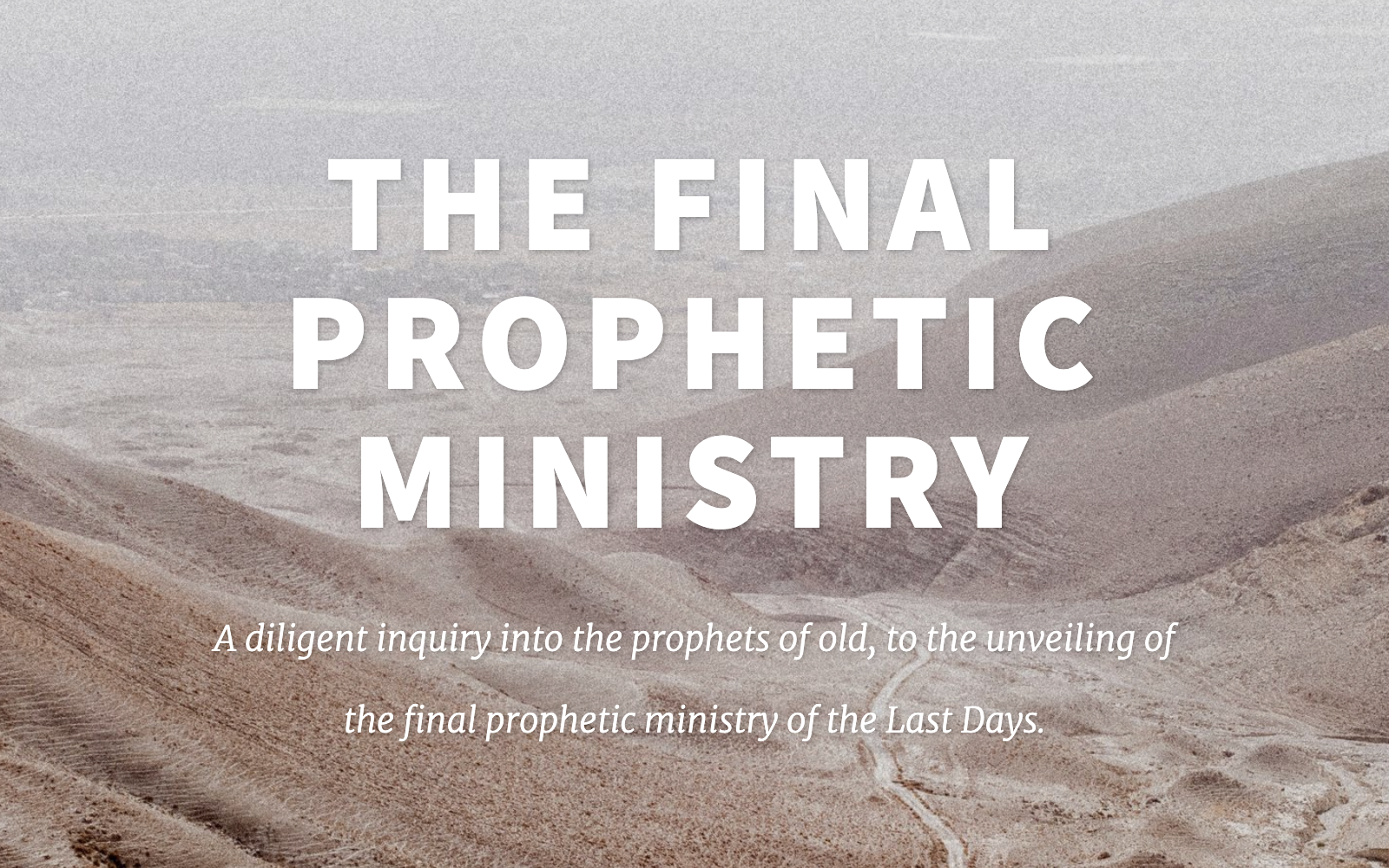"This is a Covenant between the LORD and us, to give up ourselves fully to Him, without reserve, soul and body, hearts and affections, to be His children and Him to be our God and Father, if it please the Holy Lord to send His gospel to the land again. And then there is their prayer, 'O LORD, give us real grace in our hearts to mind Zion's breaches, that is in such a low case this day, and make us to mourn with her, for Thou hast said, they that mourn with her in the time of her trouble shall rejoice with her when she rejoiceth..." (Fair Sunshine).
For an exhaustive explanation of the biblical and historical events in which Covenants, promises, oaths, and words of God were breached, and furthermore, how these breaches are applicable in the New Testament according to inspired scripture, see the following hyperlinks:
| Matters of life and death - Matters of salvation and promised perseverance - The Scottish Covenanters - |
My reader, it is possible because God can change His mind. Reading the 1st chapter of the book, The Condescension of God, you will see an explanation from scripture how God relates to man in two contrasting aspects, “God in the ways of God” and “God in the ways of Man”. The condescension of God, or, the way in which God does condescend to man, is defined by scripture in the terms, “God in the ways of Man”, and this means that: by the means of a condescension God is able to change His mind and alter a thing spoken (like a man is able to do), and consequentially He is able to damn saints whom He formerly loved, and shockingly, God is able to do this even while His everlasting and sovereign attributes exist in their changeless glories.
In seeking a fuller understanding of these scriptural possibilities in God, please let me plead with you! Don’t reject the learning of a subject which appears, at first glance, to be impossible and illogical to you. I recognize that the existence of what I just affirmed is a paradox. I recognize that it appears to be a contradiction based upon our logical capacity, but please, let me ask you, should our theological systems be built upon the premise of “logical consistency” or “biblical consistency”? I ask that you would agree with me on this point as we continue in this study: on any point that is made, all that matters is, and, all that we should ask ourselves is, does this man affirm truths which are undeniably communicated by Holy Scripture (the final authority on all matters of faith and practice)? Would you believe scriptural truth even if it is logically beyond you, my reader?
Did not God Almighty say, “For as the heavens are higher than the earth, so are My ways higher than your ways, and My thoughts than your thoughts” (Isa. 55:9). Please, follow the links provided below and study the scriptures accounted therein, and see if these things be so!
Chapter #1 - “The Condescension of God”
A Poetical Introduction: A Look at the Cross
The Sovereignty of God in Determinate Counsel
God in the Ways of God
God in the Ways of Man
God is Omnipresent
God is Omnipotent
God is Omniscient
Chapter #2 - “The Simultaneous Genuine Wills of God”
Chapter #11 - “The Righteous Judgment of God”
In fulfillment of God’s promises, the Lord performs the operation of salvation. As a consequence of a breach of promise, God decrees or performs the operation of damnation. In other terms: in fulfillment of God’s promises, the Lord performs the covenanted blessings. As a consequence of a breach of promise, God decrees or performs the covenanted curses (or “woes”). Therefore we must understand how breaches of promise do correlate with blessings and curses, by biblical definition.

 RSS Feed
RSS Feed








